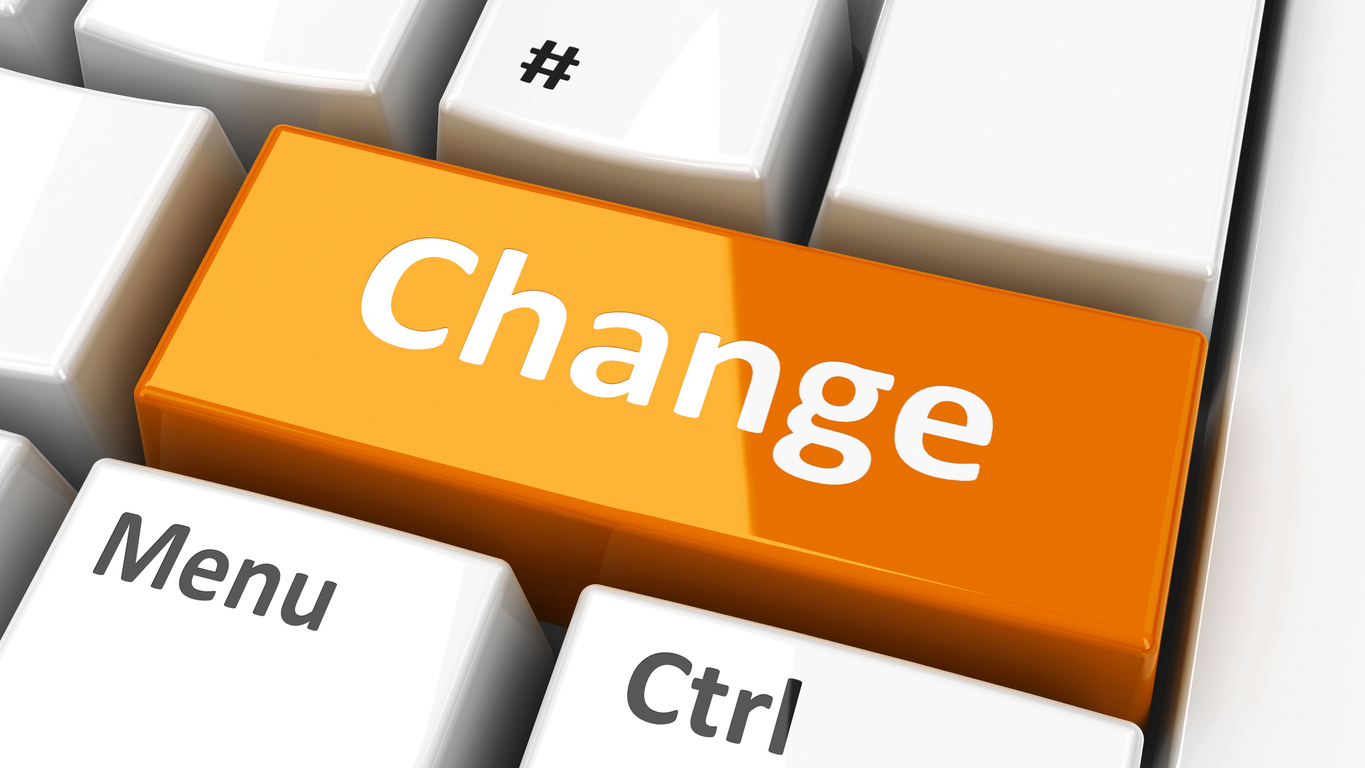 Every morning, you get up and go through a routine. A bathroom routine. A getting-dressed routine. A kitchen routine. Every step is a choice you made, and those choices become habits, as you practice them day after day. Habits define who we are: active or lazy, dedicated or indifferent, accountable or unreliable, and the list goes on. Habits contribute to your success or hold you back. So it’s important to evaluate your habits, and learn how to make or break them.
Every morning, you get up and go through a routine. A bathroom routine. A getting-dressed routine. A kitchen routine. Every step is a choice you made, and those choices become habits, as you practice them day after day. Habits define who we are: active or lazy, dedicated or indifferent, accountable or unreliable, and the list goes on. Habits contribute to your success or hold you back. So it’s important to evaluate your habits, and learn how to make or break them.
Think about your daily habits. Is your bathroom neat, or do you habitually leave the toothpaste uncapped and a mess in the sink? Do you make your bed in the morning? After your morning coffee, do you wash your cup or leave it for later?
Habits have the power to distort our thinking and sabotage our success. They form without our permission—often without our perception—and gradually begin to affect our day-to-day lives. We hold onto a habit and won’t let go, even if it’s bad for us.
Aristotle said, “We are what we repeatedly do. Excellence, then, is not an act, but a habit.”
So, what do you repeatedly do?
Maybe you have a habit of being late. You make excuses, like, “There was traffic” or “I was tied up on another call.” These are bad time management habits, based on your indifference to the importance of being on time. Stop making excuses. Make better choices. Leave earlier to ensure you arrive on time. If you have somewhere to be, pay attention to the clock.
What forms a habit
Psychologists believe that habits are formed when something triggers a response that leads to a result we like. So, we repeat it.
Trigger > Response > Routine > Reward
It’s this repetitive process that creates habits. In his book, The Power of Habit: Why We Do What We Do In Life, Charles Duhigg calls this process a habit loop.
Triggers can be almost anything: a candy bar, TV commercial, a location, time of day, an emotion, a smell, a word, even hanging out with a particular group of people (which is why we often dread those family get-togethers). If you want to break a habit loop, you have to first identify the stimulus by asking yourself, “What is it in my environment, in my life, or in myself that triggers this behavior?”
A response is the action we take when we react to the trigger. For example, stress makes us nervous, so we bite our nails or dig through the pantry for chocolate or some other snack. A colleague’s attitude activates a bad childhood memory and we respond with an angry outburst.
Routines can be as simple as sitting down to watch television and grabbing a snack on the way to the sofa, or as complex as a 90-minute workout. Once the routine is repeated enough (psychologists say 21 times), it becomes a habit.
Rewards are anything that satisfies us. Pleasurable rewards may be a favorite food, glass of wine, an endorphin rush, praise, taking a vacation, volunteering, or soaking in a hot tub after a stress-filled day.
Once our little gray cells begin to anticipate the reward, neurological cravings are stirred and a new habit is ours.
How to break a habit
What happens if we want to break a habit? According to psychologists, we can never really eliminate a bad habit, because the memories of the trigger and the reward are embedded in our brains. However, we can change the response and the routine, thereby creating a new habit.
For example, suppose every day at two o’clock, you get sleepy. Instead of grabbing a cup of coffee or a candy bar for a burst of energy, change your response to going for a short walk or exercising for five minutes. The reward is the same: increased energy and alertness. However, your response is different. Do it repeatedly, and you will form a new habit to replace the old one.
Here’s another bad habit worth breaking. You overpromise and underdeliver. You never say “no” to people when they ask for your help, but you fail to come through. That habit leads to a reputation for being unreliable.
The trigger here is wanting to be helpful or appear valuable. The response satisfies your need to please, but only for a moment when the person thanks you. Then you experience the stress from a bigger workload.
Instead of instantly saying “yes” to someone, tell them, “let me check my schedule and get back to you so I can be sure I can deliver on time.” This response allows you to take the time to determine whether or not the task and timeline is feasible for you. Your colleagues will come to see that you’ve become accountable and habitually more reliable.
“Winning is a habit,” said legendary coach Vince Lombardi, “unfortunately, so is losing.”
Stop taking your habits for granted. Make them purposeful!


